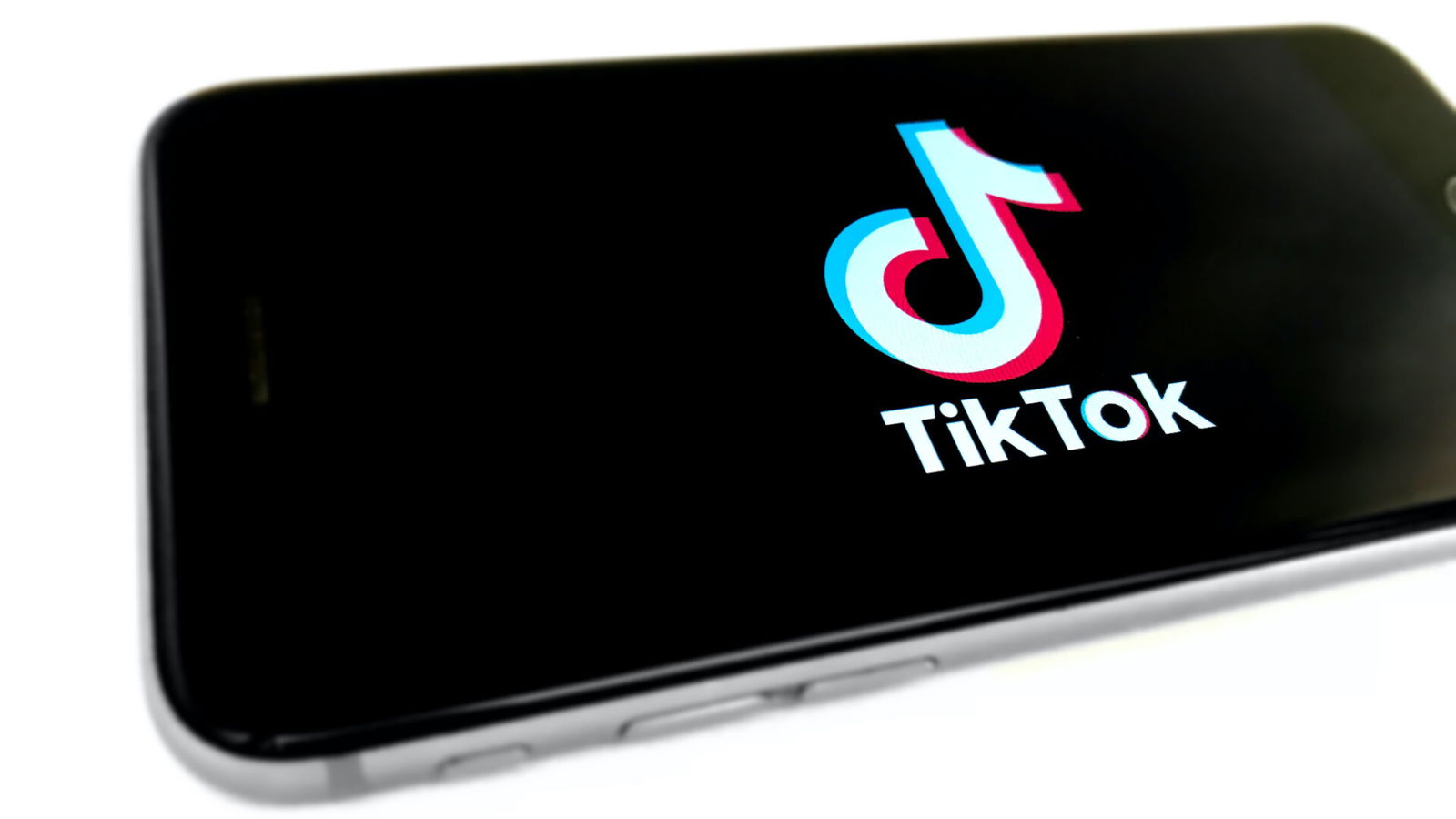
Why Federal TikTok Ban Might Not Be Possible For U.S.
By Movieguide® Contributor
While the idea of a TikTok ban has all but been forgotten in the public eye, lawmakers are still debating the platform’s future for American users.
Talk of a TikTok ban peaked at the beginning of the year when the company’s CEO, Shou Zi Chew, testified before Congress about potential security risks. Lawmakers feared that the social media platform’s parent company, ByteDance, a Chinese-owned company, could share user data with the Chinese government.
Before the Congressional hearing, TikTok was banned on all federal government devices, and many states followed suit, banning the app from their government devices as well, The Messenger reported.
While the evidence against TikTok was tremendous—the director of the FBI even said that the Chinese government is already using TikTok to sow division in America—lawmakers decided to hear the company out rather than impose an immediate ban.
Since the hearing, TikTok has adamantly said it would never share private user data with the Chinese government and has disclosed a plan called Project Texas to put Congress’s worries to rest. This project would move U.S. users’ data onto domestic servers owned and operated by software giant Oracle, giving the American government oversight over the data, the New York Times reported.
However, work on this project has yet to begin, months after the proposal was submitted to lawmakers.
TikTok may never have to change its current way of operation as a federal ban might be impossible for several reasons.
First, it is unclear if a ban would hold up in court. Current regulatory laws are not strong enough to restrict an app from the entire country, and legislation to strengthen these restrictions has stalled as the topic has faded from public discussion.
Beyond legal difficulties, the complete ban of TikTok would have massive implications on world trade, with the potential to “start a digital trade war that is going to harm companies and users on both sides,” said Anupa Chander, a fellow at the Institute for Rebooting Social Media at Harvard University.
American companies like Apple would face immediate backlash from China if a national TikTok ban were to be imposed.
Finally, lawmakers have considered the political effects of banning TikTok. Commerce Secretary Gina Raimondo told Bloomberg News earlier this year that if the government were to ban TikTok, “you’re going to literally lose every voter under 35, forever.”
Despite the worries that have brought the issue to a halt, the government needs to address the national security issues that apps like TikTok pose. Even if TikTok itself is never banned, the government needs a concrete plan to address concerns like this in the future.
“Today, we’re talking about TikTok,” said Virginia Senator Mark Warner. “But new apps and tools are popping up constantly.”
Movieguide® previously reported:
New York City has banned the use of TikTok on any government-owned devices, citing safety concerns.
The ban was implemented after the city’s Cyber Command concluded that TikTok “posed a security threat to the city’s technical networks,” a City Hall spokesperson told WNBC.
The NYC ban follows multiple state governments and the federal government that have banned the app from their devices over concerns about TikTok’s parent company ByteDance. Policymakers fear the Chinese-owned ByteDance could harvest sensitive data and share it with the Chinese government, CNBC reported.
Questions or comments? Please write to us here.


 - Content:
- Content: 

